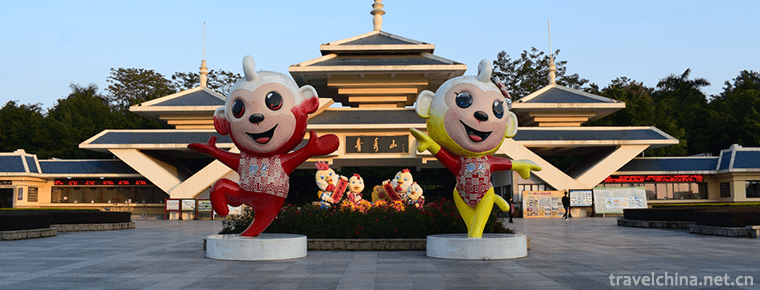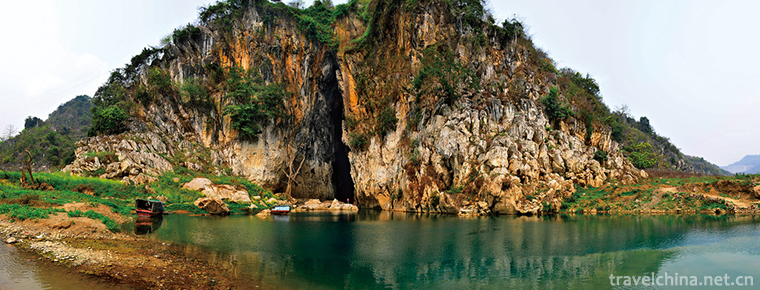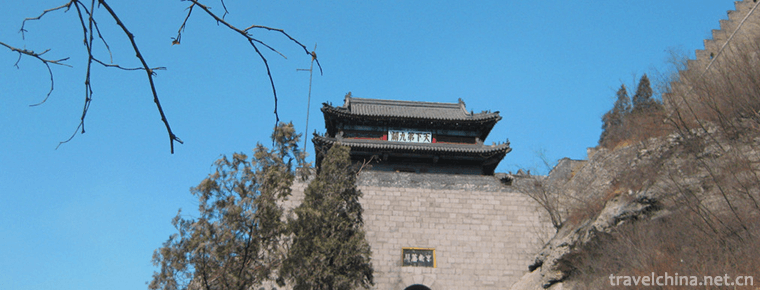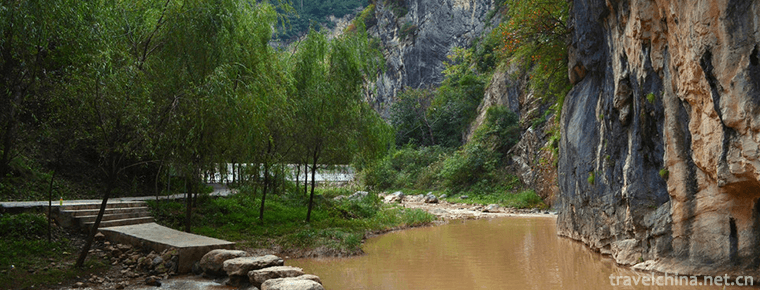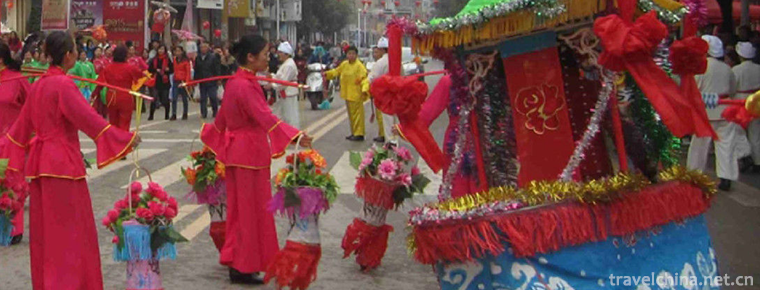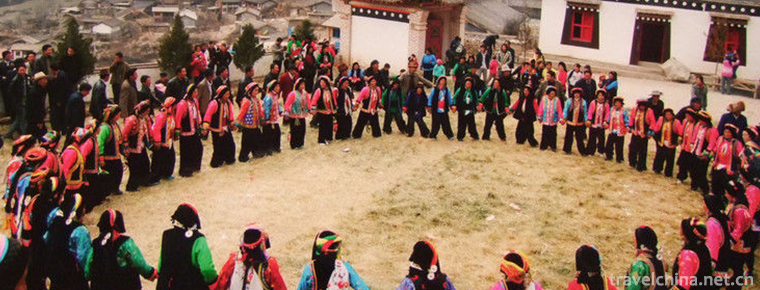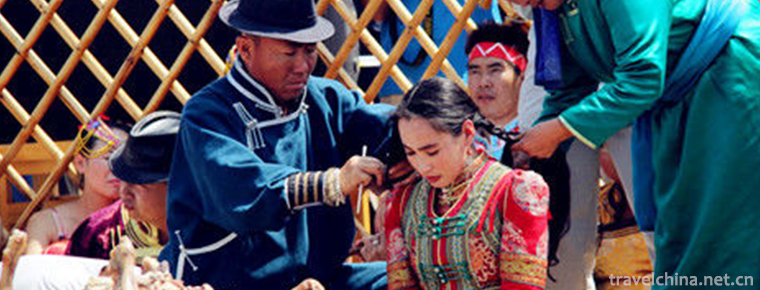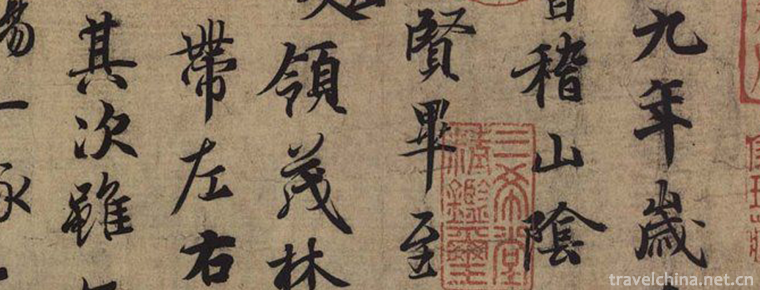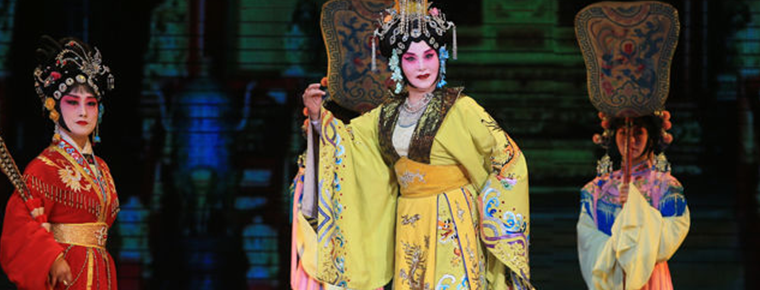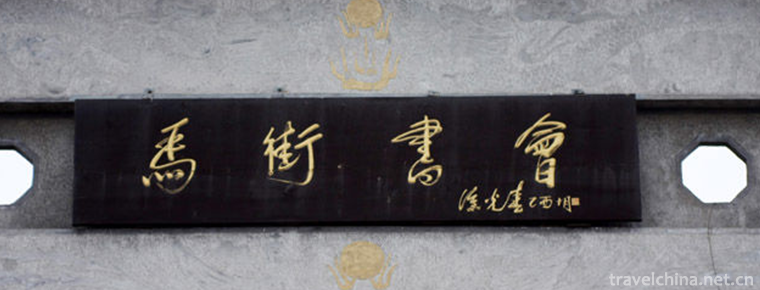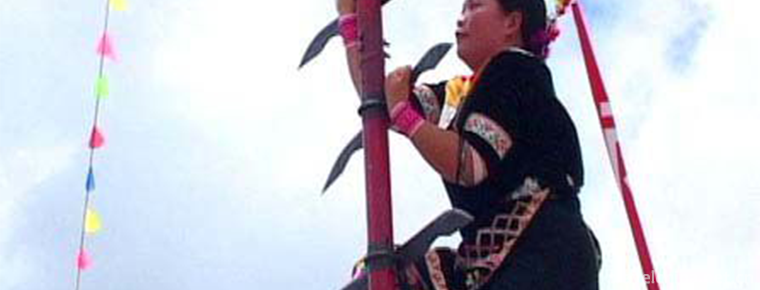Great mercy Pavilion Plain noodle
Great mercy Pavilion Plain noodle, originated in Zhaitang of Daci Pavilion Chan Yuan in Baoding City, Hebei Province, has a history of 800 years.
Daci Pavilion was built in Baoqing in the Southern Song Dynasty in 1227. It has been a sacred place of Buddhism since ancient times. It is now a key cultural relic protection unit in China. Daci Pavilion has become a symbol of Baoding with the reputation of "city Pavilion soaring to the sky". Therefore, there is a saying that "if you can't reach Daci Pavilion, why have you ever been to Baoding?"
Ancient poems praised by predecessors include "Liaohai yiyiyiyiyi, Yaoshan Yinheng", "Tongqu who built Ling Xuge, stay with the residents for grand view", "Yanshi Pearl Tower Tree Top, Zouyuan Jinge Biyun Top", "do not dye Bodhi cloud out, hang in the city of Cibanruo" and other famous sentences.
Great mercy Pavilion Plain noodle, which is inherited from Daci Pavilion culture, is deeply loved by ancient emperors, generals and monks of great virtue, such as Zhang Rou of Cai Guogong in the late Song Dynasty and the early Yuan Dynasty, Wang Xibo, a Red-top businessman in the early Qing Dynasty, a great monk in the late Qing Dynasty, and General Zhou Fulin in the early Republic of China.
In the 30 years of Qianlong reign of the Qing Dynasty (1765 A.D.), Emperor Qianlong even praised Dacige as "good cause, good result and plain mind", which was fascinating.
Great mercy Pavilion Plain noodle is a vegetarian food for temples. It embodies the spirit of Buddhist compassion. It not only has pleasant taste and pleasant shape, but also has the effect of prolonging life with the addition of Shanzhen medicinal herbs. Nowadays, vegetarian diet is becoming a trend. Vegetarian diet is not only good for health, but also good for morality and integrity. The vegetarian diet of Dacige imitates the quiet state, which can soothe the impetuous soul of the world. This is a merciful way to throw away greed and ignorance and to have joy in your heart.
Noodles are an ancient food, which originated in China and has a long history. At first, all pasta foods were collectively called cakes, among which "soup cakes" were cooked in soup, that is, the earliest noodles.
In Han and Liu Xi's Shi Ming and Shi Diet, there are sauce cakes; in Jia Sixie's Qi Min Yao Shu of Northern Wei Dynasty, there are "water-induced cakes"; in Tang Dynasty, there were water-cooled noodles; in Song Dynasty, there were plain noodles, ironing noodles, meat-inserting noodles; in Yuan Dynasty, there were noodles with Broaches and knives; in Qing Dynasty, there were Yifu Among these noodles, Dacige has a high reputation in the late Song Dynasty and early Yuan Dynasty.
Great mercy Pavilion Plain noodle originated in Zhaitang of Daci Pavilion Zen Hall in 1227 AD. It has a history of 800 years.
Daci Pavilion belongs to the category of Buddhist vegetable, that is, vegetarian vegetation in temples, which pays attention to lightness and ingenuity. Dacige has the reputation of eye-nourishing face, appetizing face and impressive face.
Eye-raising face: Good face is the first standard of Daci Pavilion's plain face. Daci Pavilion's plain face emphasizes appearance and color matching. White face, soup brown, with green vegetables, tomatoes, mushrooms, improve appetite.
Appetitive noodles: mainly in the preparation of soup, as the saying goes: noodles in the taste, taste in the soup, soup Xiangong. The flavor is Wang Dao. The noodle soup should be boiled, supplemented by health-preserving Chinese wolfberry, date, angelica, ginger and other flavors. After several hours of blending and cooking, the auxiliary materials are completely released from the soup, which is rich and mellow, forming the original flavor of Dacige plain noodles.
Heart-to-heart: Good noodles have good taste. Dacige plain noodles are made from wheat heart. Their root is strong and smooth. They are also seasoned with Dacige oil and Dacige hemp sauce, which are produced by Dacige. Their aftertaste is endless.
Great mercy Pavilion Plain noodle, eating is not only taste, eating is healthy, eating is merit, eating is culture, eating is history, eating is inheritance!
In the sixth year of Jiading in Southern Song Dynasty (AD 1213), the Mongolian Army went south to the Central Plains and Hebei was in great disorder. Zhang Rou gathered thousands of neighbouring families to set up villages for self-protection. In the eleventh year of Jiading in the Southern Song Dynasty (1218 A.D.), Zhang Roushen's Rebel Army and the Mongolian Army fought in Langyaling and were trapped in food shortage. After hearing the news, the local peasants offered only a little food to help the Rebel Army. But a drop in the bucket will not help. So Zhang Rou's general Hoberte asked the soldiers to knead these grains into strips with water and cook them with wild vegetables. This is the first rudiment of Dacige's plain face.
In the three years of Baoqing in the Southern Song Dynasty (1227 AD), Zhang Rou built Baoding City, focusing on the creation of Dacige and other monasteries. Daci Pavilion is an official temple, different from ordinary temples. He Boze has participated in the construction of Dacige and other temples, and served as an official in the management of Dacige and other temples.
In the Yuan and Mongolian times, monks and Taoists all enjoyed special political and economic advantages, and temples could obtain land and manage profit. Therefore, Daci Pavilion is not only confined to land, mountains, forests, rivers and rivers, but also operates businesses and handicraft industries such as cellar smelting, workshop, warehouse, bathhouse, shop, Inn and so on. In many industries, Hobertzer and his family run a thriving Inn Business under the name of Dacige. Among them, Dacige plain noodles in the inn have unique flavor and distinct characteristics. Over time, it has a long reputation and is deeply loved by people.
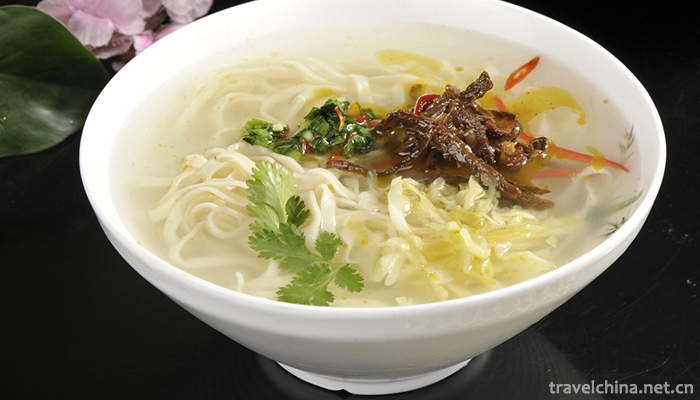
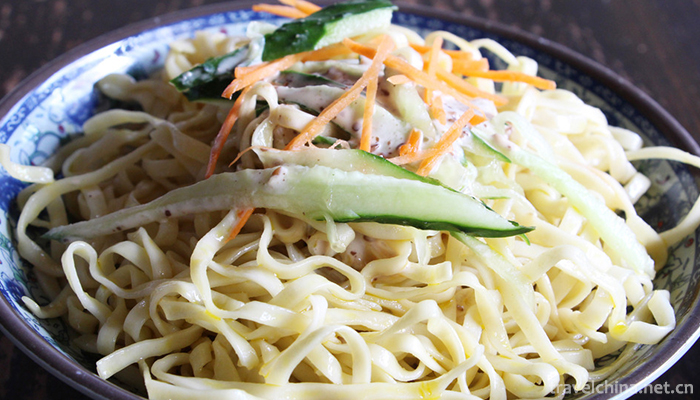
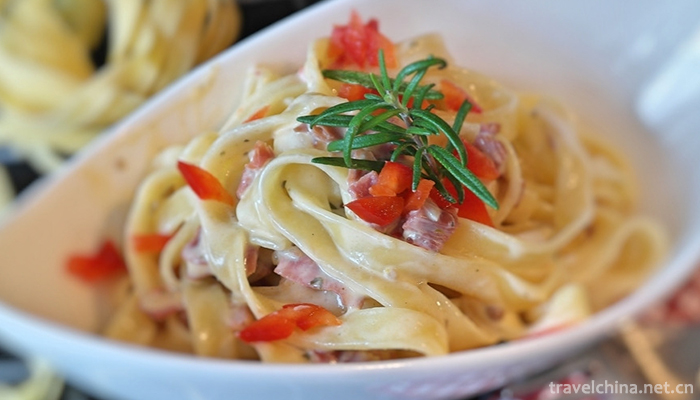
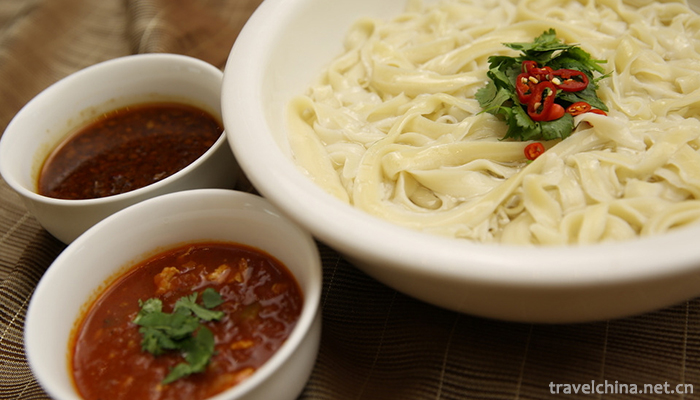
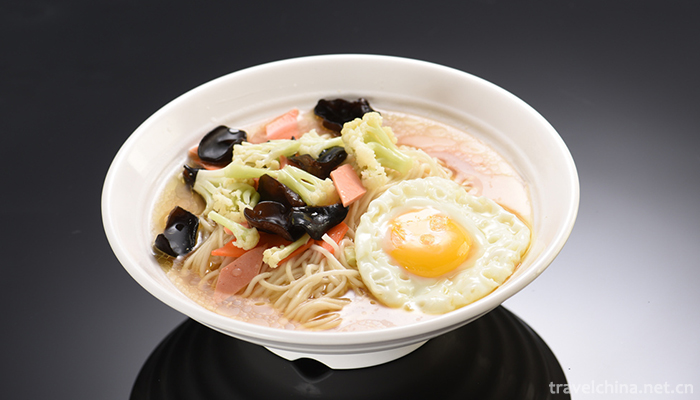
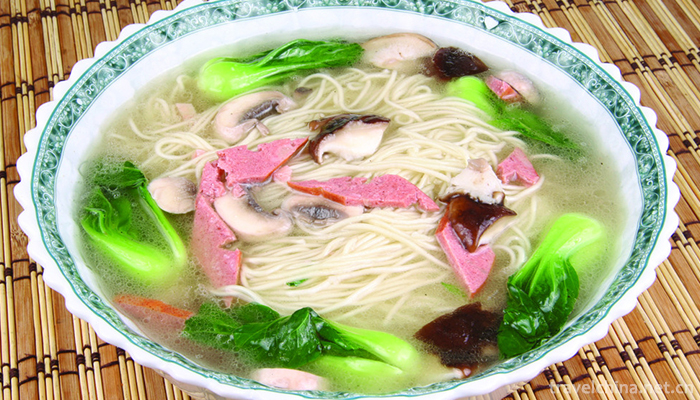
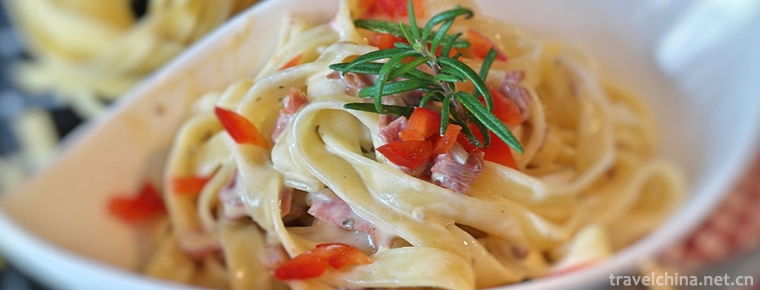
Great mercy Pavilion Plain noodle
-
Qingxiushan scenic spot
Qingxiushan Scenic Area is a national AAAAA scenic spot in Nanning. Qingxiu Mountain is a key scenic spot in Nanning. In addition to protecting and restoring the original historic sites such as Dong Q
Views: 178 Time 2018-12-12 -
Yanzidong in Jianshui County
Jianshui Swallow Cave is located in the Lujiang River Valley, more than 20 kilometers east of Jianshui County, Honghe Hani and Yi Autonomous Prefecture, Yunnan Province.
Views: 125 Time 2019-01-21 -
Niangziguan Scenic Area
Niangziguan is a famous pass of the Great Wall of China, known as the Ninth Pass of the Great Wall of China, and it is a must for military strategists of all dynasties.
Views: 258 Time 2019-02-07 -
Xigaosong Scenic Spot
Xiqiaosong Scenic Area is located at the foot of Tianjing Mountain, 13 kilometers west of Chengxian County, in the middle of Yuqiaoxia, a national AAAA-level tourist attraction
Views: 208 Time 2019-02-25 -
Automative lighting
Car lights are also known as "teasing Momei" and "running a dry boat". It is mainly performed around the Spring Festival.
Views: 346 Time 2019-04-16 -
Duodi dances
Multi-place dance, Tibetan folk dance, is a unique way for Tibetan people to dance and sing. It mainly distributes in three areas of Zhouqu County, Gansu Province
Views: 369 Time 2019-04-28 -
Ordos Wedding
Ordos Wedding, one of the national intangible cultural heritages, is a traditional folk custom in Ordos City, Inner Mongolia Autonomous Region.
Views: 166 Time 2019-04-28 -
Chinese character calligraphy
Chinese character calligraphy has been recognized by the world for its brilliant civilization of 5000 years and its incomparable rich written records. In this vast and profound history,
Views: 202 Time 2019-05-02 -
Huai Opera
Huai Opera, also known as Jianghuai Opera and Huai Opera, is an ancient local opera. It originated in Huai'an City, Jiangsu Province, and Lixia River, Yancheng City, and originated in modern Shanghai.
Views: 235 Time 2019-05-04 -
Ma Street book fair
The Majie Book Club is a grand Chinese folk music festival. Located 5 kilometers south of Baofeng County, Henan Province, it is a "pilgrimage site" for rap artists all over the country. Ever
Views: 178 Time 2019-05-15 -
The Lisu Knife and Rod Festival
The Lisu Knife and Rod Festival, which is called "A Tang De" in Lisu language, means "Climbing Dao Festival". It is a traditional festival of Lisu and Yi people living in Lushui Co
Views: 187 Time 2019-06-17 -
Liushi Manorial Museum
Dayi Liushi manoral museum is located at No.15, Jingui street, Anren Town, Dayi County, Chengdu City, Sichuan Province. It is one of the important historical sites and representative buildings in modern China.
Views: 212 Time 2020-11-05
